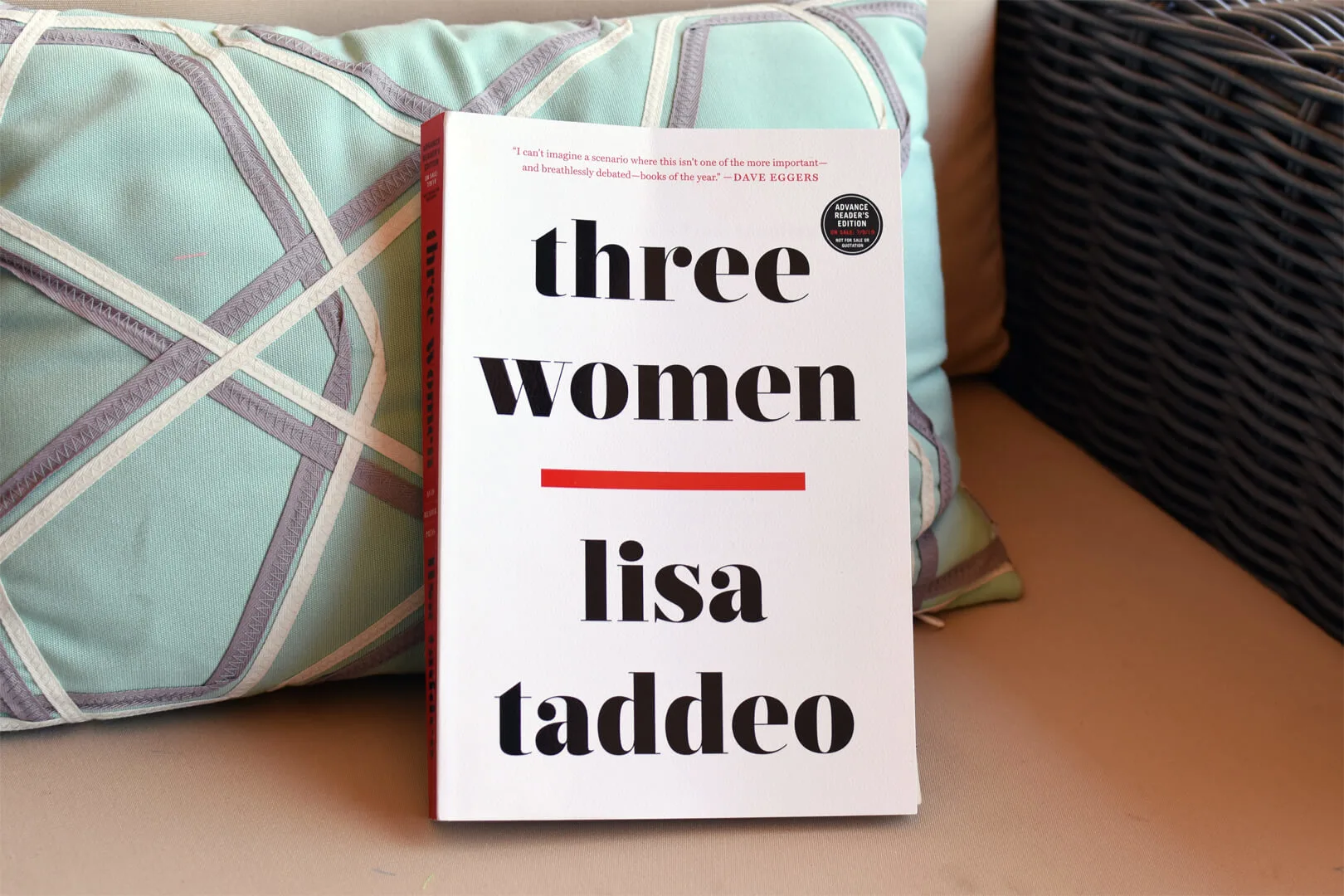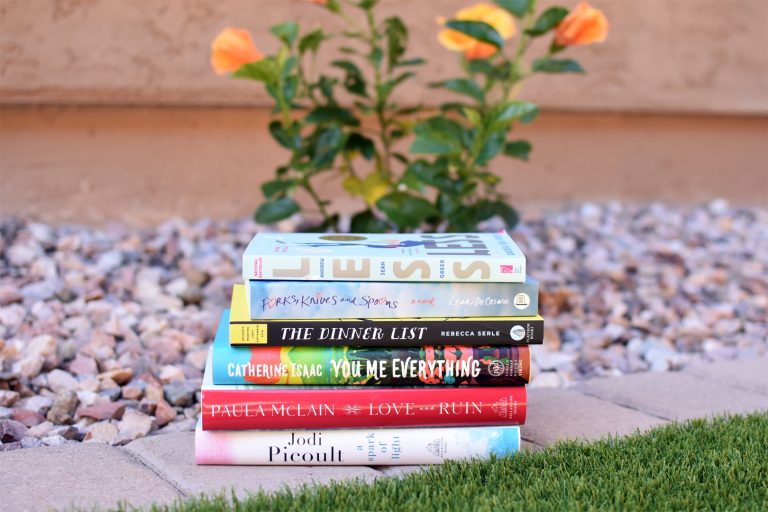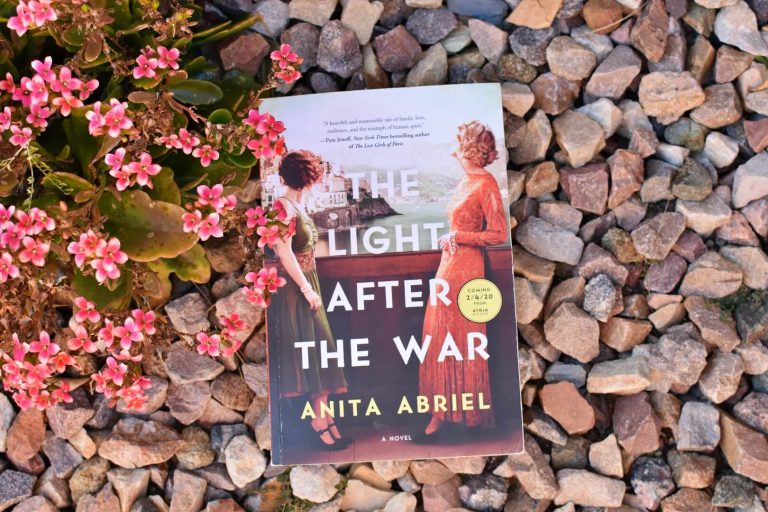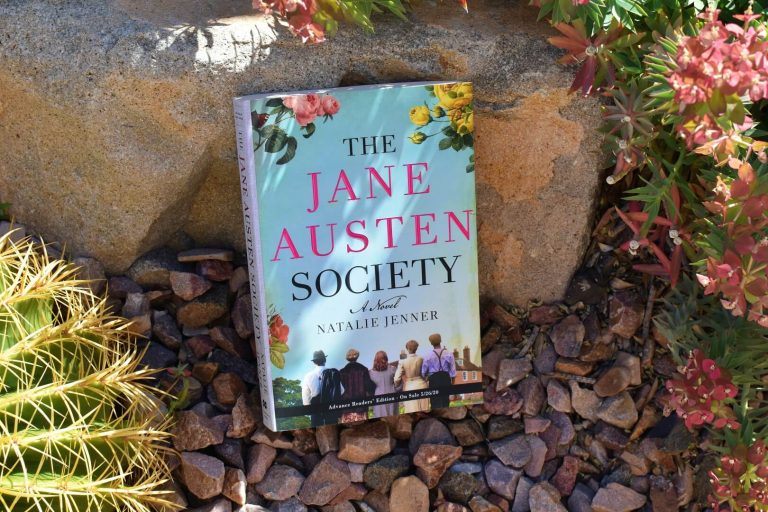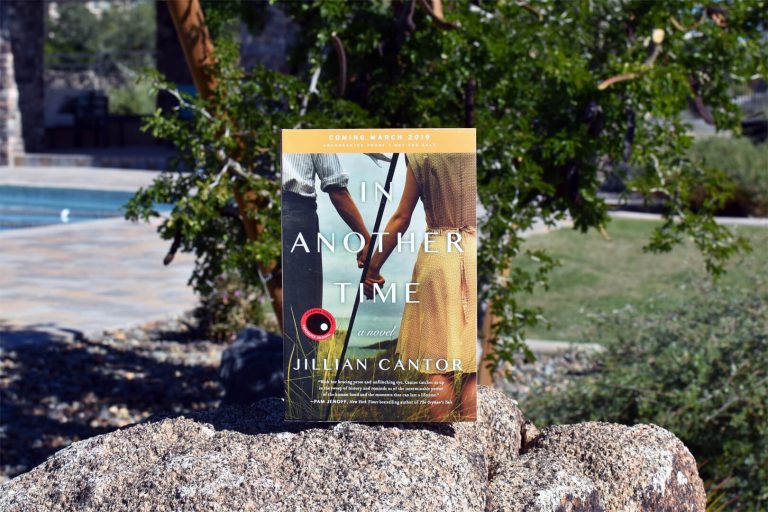Editorial note: I received a copy of Three Women in exchange for a review.
Three Women by Lisa Taddeo is unlike anything I’ve ever read before. This nonfiction debut gives a voice to three very different women, focusing on the complexity and inequality of female desire. A must read for 2019.
I’m don’t read much nonfiction. Oftentimes with nonfiction, I feel there is a wall between the author and the subject. And usually there’s so much background information that my mind tends to wander. But that’s not the case with Three Women—in fact, this one read like a fiction story. The writing is absolutely engaging, compelling and unflinchingly raw and honest. Every single word serves a purpose to push this story forward. Three Women gives a voice to only these three women but to women across the world that can see aspects of themselves in each of the three women.
The story
Lina is a homemaker in suburban Indiana and she’s in a passionless marriage. She then embarks on an affair that quickly becomes all-consuming and transforms her life. Sloane is a glamorous entrepreneur in the northeast. She’s married to a man who likes to watch her have sex with other men and women. Maggie is a high school student in North Dakota and begins a relationship with her English teacher. This will have consequences for them both—and the community.
Over the past eight years, journalist Lisa Taddeo (to get to know Lisa more check out my author interview with her here) has driven across the country six times to embed herself with ordinary women from different regions and backgrounds. The result, Three Women, is a deep nonfiction portrait of desire.
Giving a voice
In her author’s note, Lisa writes that for the most part, she stayed with the point of view of the three women. She writes “…it is these three specific women who are in charge of their narratives. There are many sides to all stories, but this is theirs.”
The three women are as different as can be—ages, background, economic status—but the common thread is sharing their stories that revolve around desire. Something that very much became apparent is how men try to control female’s desire in all kinds of ways. But also, many women don’t like hearing about another woman’s happiness and satisfaction in that area. Almost in a sense of, “come on, you can’t actually have it all” and “…that’s something to keep to yourself.” The competition between women is never more apparent than when it involves one’s happiness. No one wants someone to seem more satisfied and successful than them.
How disappointing, right? Why does it have to be like that? And what does that say about human nature that we feel an urge to cut someone down just because they seem happy? This story is very thought-provoking in many ways and that’s just one area that really stuck out to me.
There’s no doubt that one of these three women will say something that you will relate to—while there are also areas that will surprise and confuse you. And that’s the messiness of human nature. If anything, I hope that when, especially women, read this story—we try to approach each other with more compassion. Maybe that’s just a fantasy concept but I do think stories like this causes people to take a step back and reflect on their own actions.
Three Women is such an astonishing piece of work that I believe people will discuss for years and years to come. Add this one to your list and let me know what you think when you finish it.
Book clubs—there’s so much to discuss with this one! Click here for my discussion questions.
